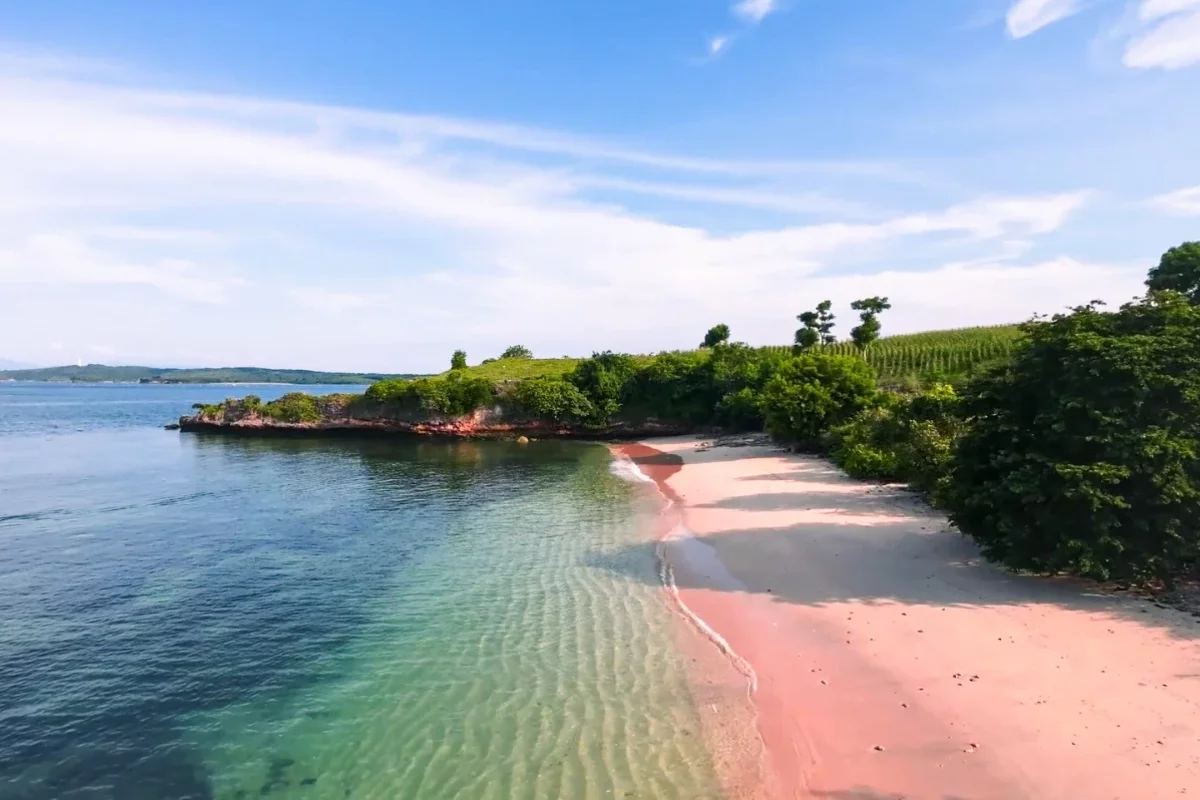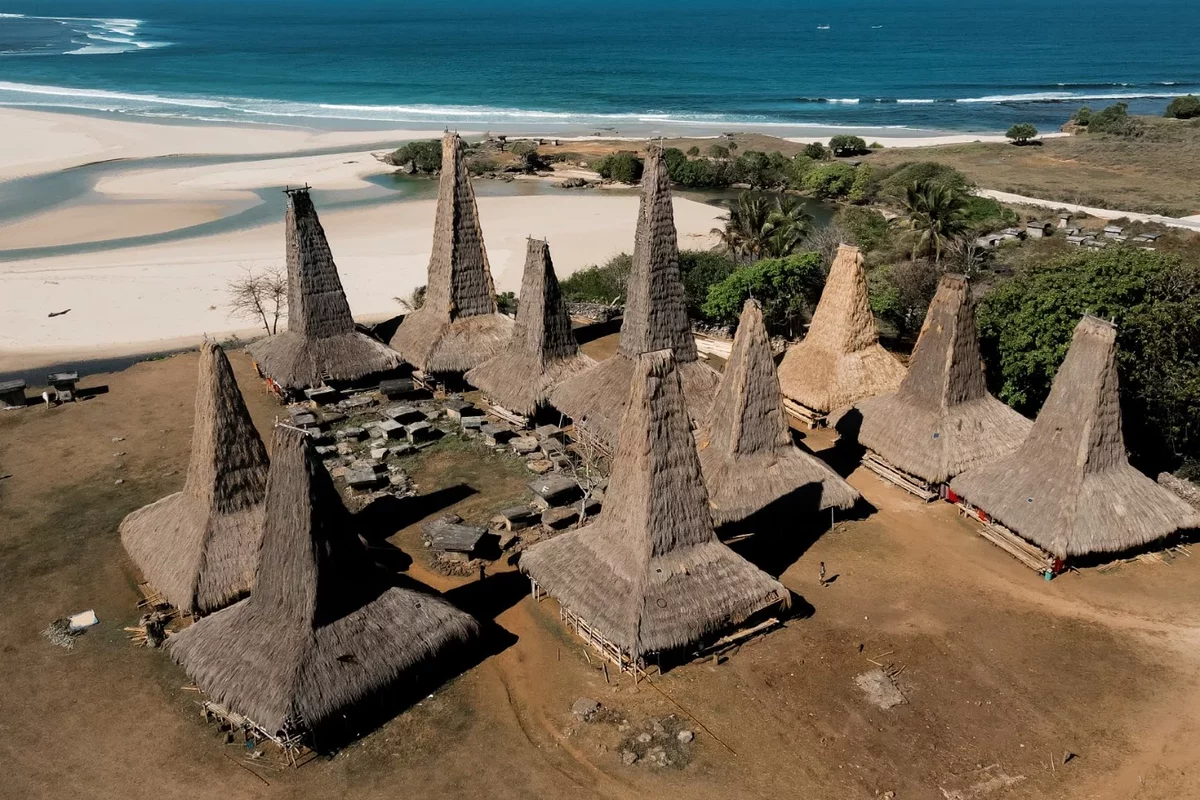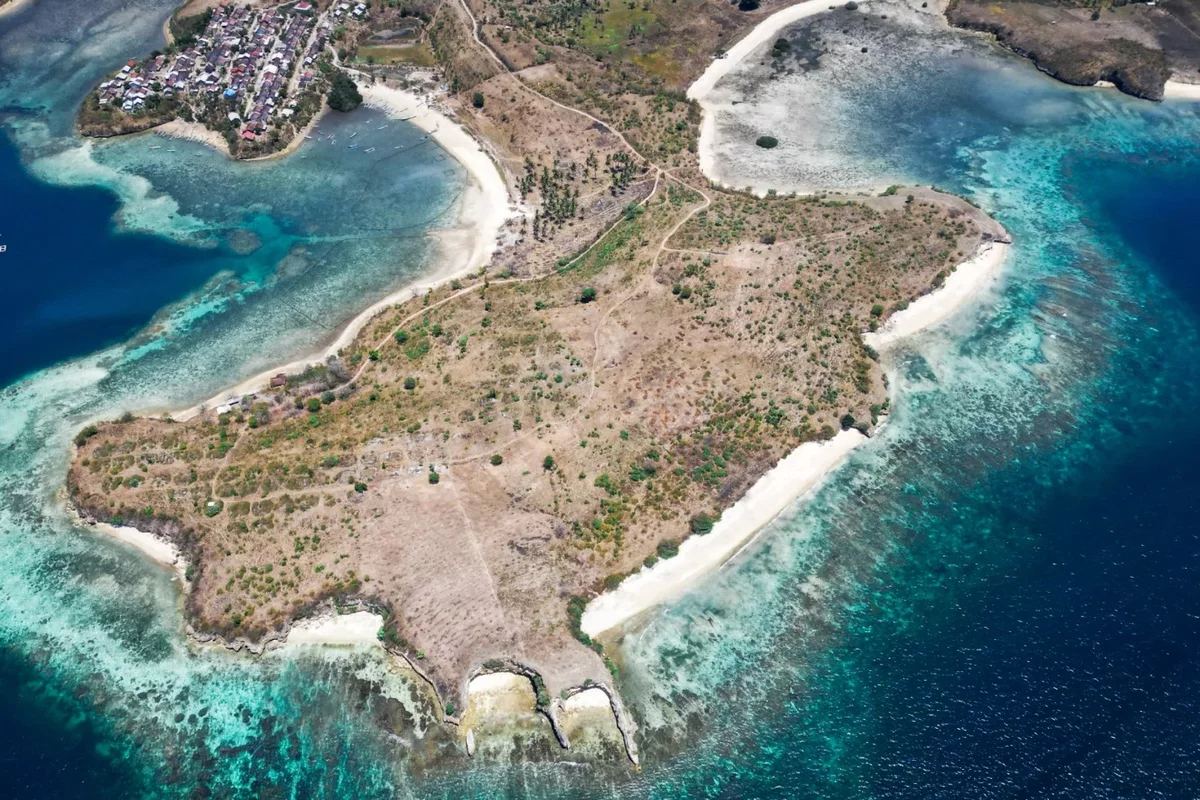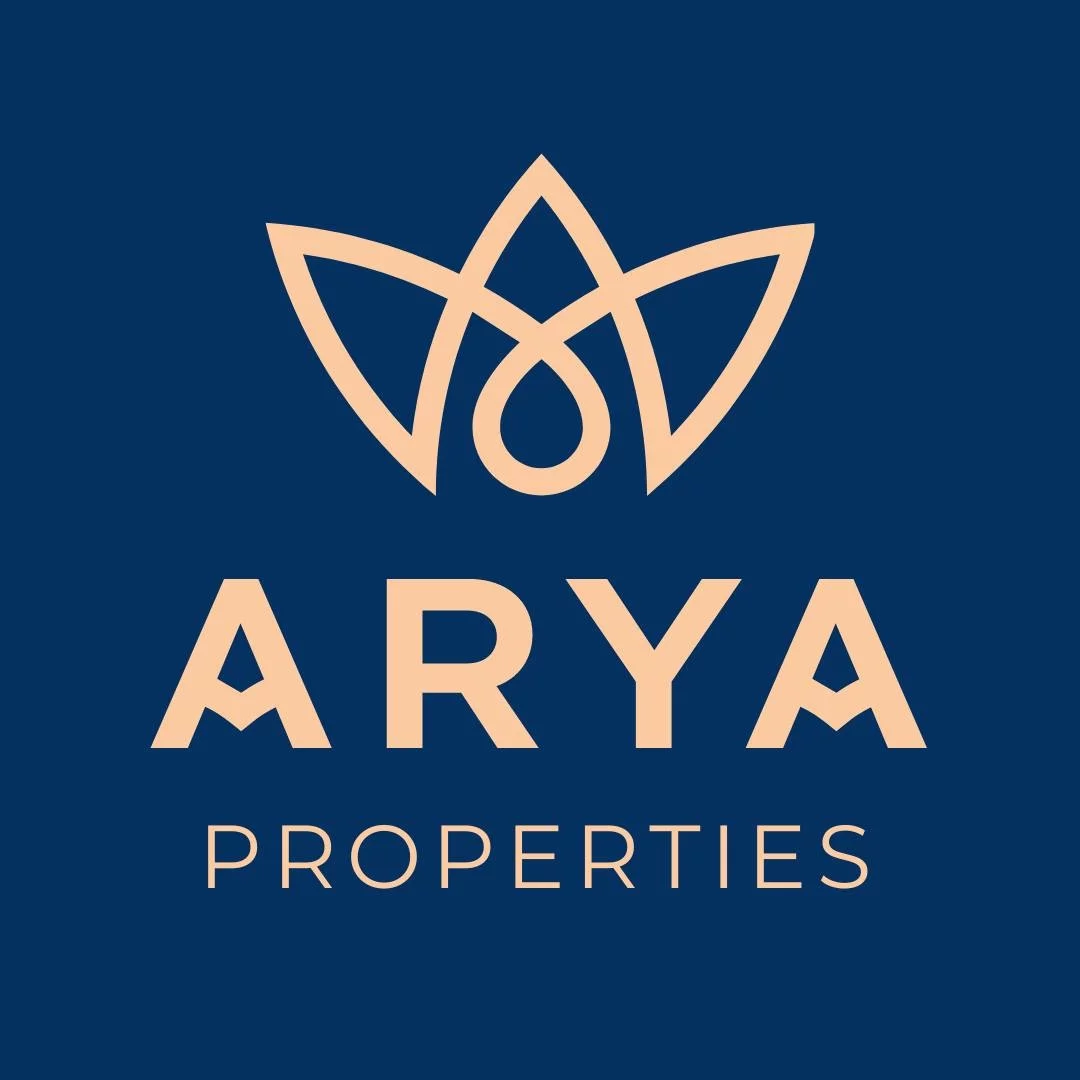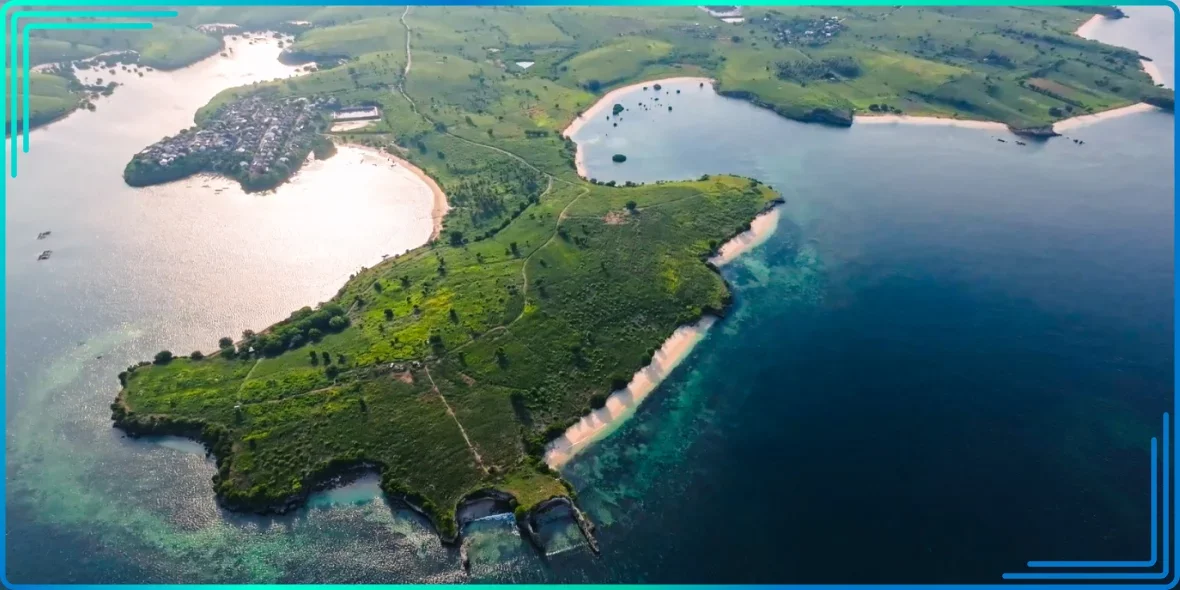
Indonesian Real Estate Market: Average Prices, Government Backing, and Popular Trends
Buying a house in Indonesia—what is the price of such a deal? What is the average price of a house in Bali? What about ROI and how to calculate it for some Indonesian islands? All the details have been told to us by Hana Grygerová, the marketing director of ARYA Properties, and Dzikry Alvarizy, the marketing executive of this company.
About government support and real estate prices
— Which factors influenced the Indonesian real estate market the most?
— The property market in Indonesia is more influenced by domestic factors, such as economic conditions, local needs, government regulations, and the growth of the middle class.
— Are there any government policies or programs supporting real estate investment in Indonesia? Tell me more about them, please.
— Of course, the government makes regulations and programs that support property investment in Indonesia: one of them is the “Value Added Tax” (PPN DTP) incentive program through the PMK 007/2024 program, which does not require investors to pay VAT to own a new house.
Then, based on the decision of the Minister of ATR/Head of BPN No. 1241/SK-HK.02/IX/2022 regarding the acquisition and price of residential houses for foreigners, the price is in the range of 1–5 billion rupiahs (around 64,000–320,000 USD).
Speaking specifically, house prices in Bali reach 7 million rupiahs per square meter (~450 USD), while in Surabaya, the price per square meter reaches 5.8 million rupiahs (~370 USD). As for Jakarta, it is more expensive—6–10 million IDR per sq m (380–630 USD). If the size of property in central Jakarta is 30/50 sq. m, it would be 1-2 billion rupiahs (~63,500–127,000 USD) per house.
— How transparent is the real estate data available in Indonesia? Can investors easily access sales and pricing data?
— Based on the Global Real Estate Transparency Index (GRETI) in 2022, Indonesia is ranked 39th in the semi-transparent category. You can access Indonesian property sales and pricing data via the transaction data platform
released by Knight Frank Indonesia.


Hana Grygerová, the marketing director of ARYA Properties, and Dzikry Alvarizy, the marketing executive of this company
— What areas or cities in Indonesia are seeing the most real estate development and investment activity?
— According to WIllson Kalip (Country Head of Knight Frank Indonesia), the top 5 areas in Indonesia that will be the focus of property growth in 2024 are Jakarta, the capital city of the archipelago (IKN), Bali, Surabaya, and Tangerang.
— What types of housing are gaining popularity in Indonesia?
— Currently, the property trends are buying and selling land, co-living spaces, and homestays.
Co-living space is becoming a growing property trend in Indonesia because it is in demand by the target market of young people such as students, workers, and digital nomads. Usually, co-living spaces can take the form of boarding rooms, apartments, or houses and are occupied by several people or certain communities.
About market challenges and ROI
— Are there challenges or risks involved in investing in Indonesian real estate?
— Of course, there are risks in investing in property in Indonesia, namely external factors such as economic conditions, fluctuations in interest rates, and inflation, which can later affect the value of the property; apart from that, changes in government policy in zoning regulations and tax incentives can also affect your property investment.
— What returns can investors expect in different Indonesian locations? And what do they need to consider when choosing an investment object?
— At this time, what is certainly the advantage that property investors in Indonesia expect is that property prices continue to rise every year and the risk is quite low.
Before calculating ROI on property investments in different locations, you will need data on property prices, rental prices, operational costs, etc. on properties in the area in question.
You must consider the location and type of property you want to invest in, find a suitable and appropriate target market, and carry out good building maintenance. You can also monitor market and economic conditions to find out property trends
and plan effective marketing strategies.
— Can you provide some examples?
— The valuation of your investment consists of two parts. The first is the profit from renting to tourists, and the second is the increase in the price of the land and property.
In Lombok, for instance, the cost of land rises annually. There was a 1200% increase in price between 2008 and 2022. With more tourists visiting the island, Lombok is currently going through another boom.
Let’s say the occupancy of your property will be 80%, with the rental cost per night at 120 USD. Then, the yearly rate will be 20%, and the period to breakeven will be 5 years.
— What is the financing environment like currently for real estate loans and mortgages?
— The mortgage and loan market in Indonesia has quite a convincing growth potential; however, increasing financial access is needed, and with cooperation between the private sector, government, and financial institutions, the mortgage
market in Indonesia can continue to develop and provide benefits.
— What trends and prospects do you see for real estate development in Indonesia in the next 5–10 years?
— Willson Kalip stated that there will be new trends that adapt to the dynamics of the property market, namely green building and digitalization of marketing to reach the millennial target market. Then, there will be infrastructure development outside Java to increase property growth and innovation to meet the needs of the property market. It is generally said that the property sector in Indonesia will show good growth.
Key takeaways
We’ve summarized key information for those interested in the Indonesian real estate market.
|
Aspect |
Details |
|
Average house price |
Bali: 5–15 million IDR (320–950 USD)/sq meter; Surabaya: 5.8 million IDR (370 USD)/sq meter; Jakarta: 6–10 million IDR (380–630 USD) per sq. m. |
|
Government support |
VAT exemption for new house purchases under the PMK 007/2024 program. Foreigners can own residential houses within the price range of 1–5 billion IDR (64,000–320,000 USD) |
|
Market trends |
Growing interest in co-living spaces, homestays, and land purchases. Focus on green building and digitalization in marketing |
|
Investment considerations |
Factors like budget, location, facilities, and surrounding environment. Monitoring market and economic conditions for effective investment strategies. |
|
Challenges and risks |
Economic conditions, interest rate fluctuations, and inflation. Changes in government policy regarding zoning and taxes. |
|
Financing environment |
Growth potential in mortgages and loans with the need for increased financial access. |
|
Prospects |
Infrastructure development outside Java. Innovation to meet market needs, targeting the millennial market with green building, and digitalization. |
Author
I am responsible for editorial work. I write expert interviews and guides.










